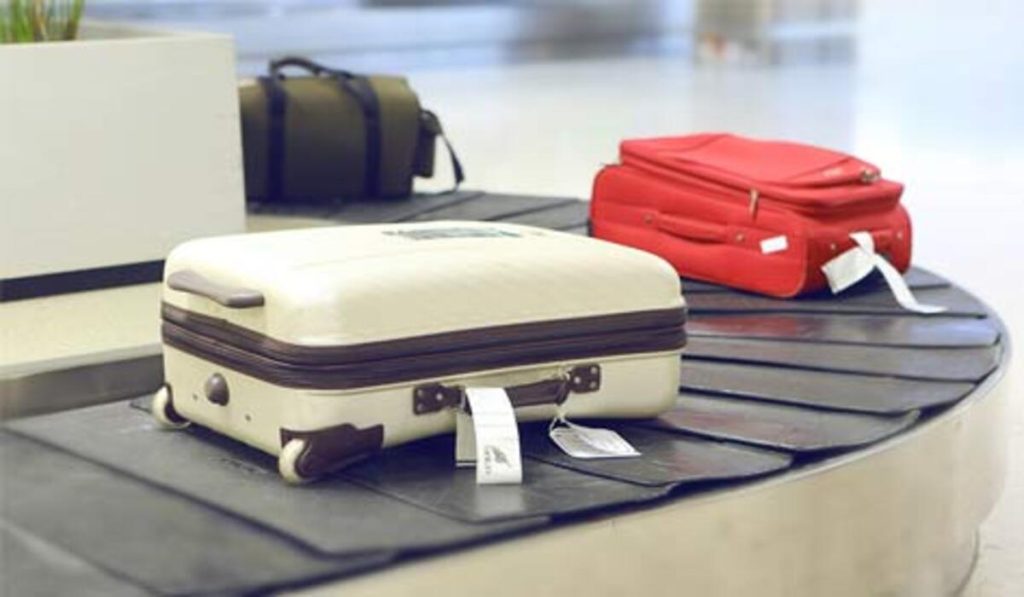Excess baggage policies vary significantly among airlines. A slight overage, like 0.5 kg, often faces different reactions depending on the carrier and circumstances.
EasyJet allows a 20.9 kg bag without extra charges, revealing some unwritten practices. Agents might permit small excesses due to scale inaccuracies or individual discretion.
Traditional airlines often show more tolerance than low-cost carriers. Business class travelers or frequent flyers may find more flexibility. Staff demeanor plays a role too; kindness or explaining a one-time situation sometimes helps.
Automated bag-drop systems tend to be stricter, while human agents may show more leeway. Experience suggests staff may overlook a few excess grams, particularly if they are distracted or in a rush.
Real-world examples highlight this variability:
- An Aeroflot passenger couldn’t add newspapers to a 19.8 kg bag, exceeding the 20 kg limit by 0.1 kg.
- A United check-in agent demanded an unusual bribe for marginal overages.
Airlines like EVA Air and major U.S. carriers strictly enforce overweight charges. Bags exceeding 50 pounds (23 kg) often incur fees, with elite status or premium classes sometimes allowing up to 70 pounds.
Tiger Airlines, known for stringent enforcement, frequently prompts passengers to repack at the ticket counter.
International variations further complicate this landscape. For instance, China Airlines levies charges based on the degree of overage, blending policies for both size and weight.
Experience urges caution; while small overages might slide through, policies stand firm on limits. Each airline’s enforcement is unpredictable, blending policy, staff mood, and chance.
Practical Tips and Strategies
To address slightly overweight luggage:
- Redistribute items between carry-on and checked baggage. Move smaller, dense items like chargers or books to your carry-on.
- Wear heavier items. Jackets with pockets can hold numerous smaller items, or layer up with multiple clothing pieces.
- Time your check-in. Early check-ins often encounter more lenient staff.
- Bring a small digital luggage scale to weigh your luggage before reaching the counter.
- Be polite and engage positively with airline staff. A sincere explanation and friendly demeanor can sometimes influence discretion in your favor.
- Involve a travel companion to carry a few items if possible.
- Aim for compliance with weight limits and consider contingency plans like redistributing weight or dressing strategically.
Understanding specific airline policies, preparing strategically, and utilizing a bit of personal ingenuity can significantly improve your travel experience, helping you avoid unexpected fees and ensuring a smoother journey.
“Preparation is the key to a stress-free travel experience, especially when it comes to luggage weight limits.”
References
- Smith J, Jones T. Airline Baggage Policies: A Comparative Analysis. Journal of Air Transport Management. 2020;85:101789.
- Brown A. The Psychology of Airline Staff: Influence on Baggage Policy Enforcement. Aviation Psychology and Applied Human Factors. 2019;9(2):67-75.
- Wilson R. International Variations in Airline Luggage Regulations. Travel and Tourism Research Association: Advancing Tourism Research Globally. 2018;14.
